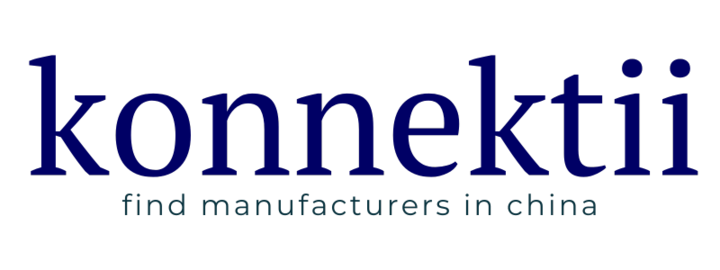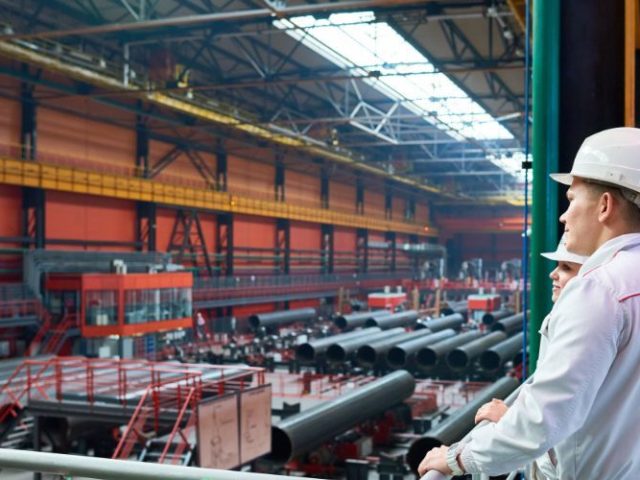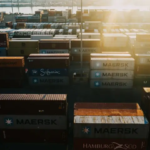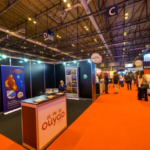Table of Contents
ToggleFinding a manufacturer in China requires strategic planning and research. For one, even a reliable manufacturer is sometimes not easy to contact because they don’t have an international or translated profile. In this case, you may need a third party to help you find suppliers and negotiate a deal.
Unless there is a clear English database that vets Chinese manufacturers. Enter Konnektii.com, which has over 21,000 Chinese manufacturers profiled with contact details and specialties!
But that’s just one of the mediums for networking and trade that we’ll explore today. By the end of this post, you should find yourself more confident and informed about finding the right partners from China.
How to Get in Touch with Chinese Manufacturers?
Search the Internet
Exploring the internet for direct results is a reasonable start. After all, some reliable suppliers from China have grown to have their own international pages and profiles.
Otherwise, you can make use of B2B platforms like Alibaba, Made-in-China, and Global Sources to get a glimpse of your prospective trading company.
When reaching out, consider the most effective communication channels based on your needs.
Email is suitable for formal communication and documentation, while WeChat, the most-used messaging and all-around utility app in China, offers instant messaging and multimedia sharing, which is great for quick exchanges.
Attend Trade Fairs
Trade shows or expos, like the biannual Canton Fair in Guangzhou, bring the perfect opportunity to secure a long-term partnership with a Chinese supplier. After all, this is where you can inspect the product first-hand, and work your way into favorable deals with just minimum order quantity.
Other notable expos in China that are worth marking are the Beijing International Automotive Exhibition, Yiwu International Commodities Fair, Bauma (for construction machinery), ECF (East China Import and Export Commodity Fair), China Electronics Exhibition, China International Import Exposition.
For what it’s worth, we recommend Canton Fair, as it’s home to a wider variety of Chinese suppliers and quality products.
Ask for Referrals
Referrals are excellent, especially from trusted sources. Alternatively, you can join professional supply chain networks that can share referrals and access to reliable Chinese suppliers, Chinese factories, and other trading companies.
Sourcing Agents
Sourcing agents from China have the advantage of local knowledge and access. In this case, you should look for someone who has direct access to potential suppliers and wholesale suppliers that are essential to your business.
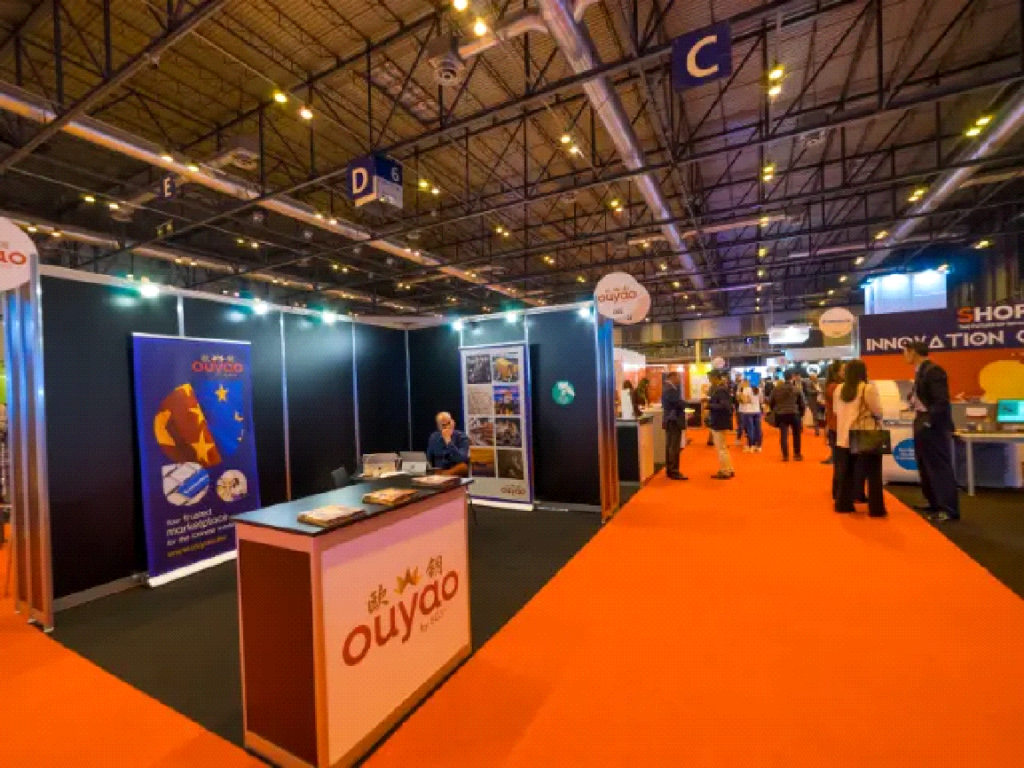
How to Get a Product Manufactured in China?
Sign Relevant Documents e.g. NNN agreements (non-disclosure, non-circumvent, non-compete)
- A Non-Disclosure Agreement (NDA) is a legal contract that commands that sensitive information shared between parties remains confidential. It may also include:
- A non-circumvent agreement ensures that the parties involved don’t bypass or circumvent each other when dealing directly with manufacturers or suppliers.
- Non-Compete Agreement restricts parties from engaging in or starting a competing business.
Talk to Manufacturers About Product Details
After preliminary research and advice, you are now likely ready to contact suppliers.
During initial discussions, try to be concise and assertive when discussing your needs. Then, evaluate the vendor’s ability to produce the product as per your specifications, including equipment, expertise, and capacity.
Also, don’t hesitate to ask for a quotation so that you can both start with a good baseline.
Get Samples Made
Order samples based on your requirements or product specifications, so that you can perform in-house tests and validate. Then, provide detailed feedback to the manufacturer and request necessary adjustments or revisions.
Discuss Purchase Agreements for Mass Production
Negotiate and finalize terms related to price, payment schedules, and delivery terms. Afterwards, confirm the quantity of the order, so that the manufacturer can account for mass production.
Finally, ensure the agreement specifies quality control measures and compliance with relevant standards, as well as clauses for handling delays, defects, and other potential issues that may arise.
Establish Quality Control
Carefully outline quality standards and specifications that the product must meet.
Maintain records of inspections, quality checks, and test results so that tracking remains efficient and convenient.
Get Products Inspected By Third-party Inspection Company
Hire a China-based independent inspection company to assess the product quality before shipment.
Then, take your time to review inspection reports and raise issues that may arise. Additionally, ensure that the inspection covers aspects like product conformity, defects, and packaging.
Organize Logistics and Shipping
Finally, it’s time to coordinate with shipping companies to arrange transportation.
For this, don’t forget to set up tracking systems to monitor the shipment’s progress and estimated delivery time and distribution schedule.
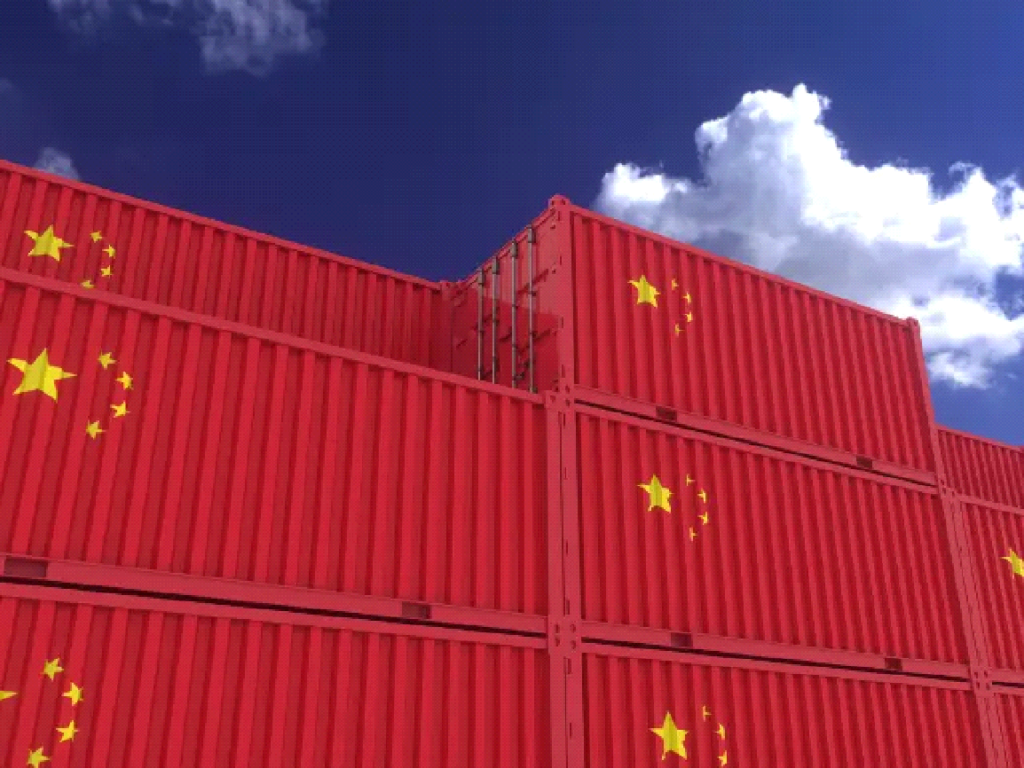
Where Are All the Factories in China Located?
Beijing
Beijing is home to a wide range of factories, offering products across various industries such as:
⦁ Automotive
⦁ Steel
⦁ Pharmaceutical
⦁ Petrochemical
⦁ Technology
⦁ Apparel
⦁ Furniture and home goods
⦁ Mobile phone technology
⦁ Construction and building materials
The capital also hosts some of the largest PC manufacturing facilities in the world, along with various precision and machinery tools suppliers.
Shanghai
Shanghai also has its own diverse range of raw material suppliers and manufacturers from the following industries:
⦁ Automotive
⦁ Electronics
⦁ Textiles
⦁ Steel
⦁ Medical technologies
⦁ Financial technologies
⦁ Computing
⦁ Chemical products
Also, Shanghai’s advanced infrastructure and business-friendly policies have been noted by many as some of its superior qualities for sustaining long-term business relationships.
Suzhou
Suzhou, located near Shanghai, has a commerce hub famed for its advanced manufacturing capabilities, particularly in high-tech industries such as:
⦁ Raw textiles
⦁ Traditional crafts
⦁ Alcoholic beverages
⦁ Electronics and technology
⦁ Power generation equipment and components
⦁ Home furnishing and decor
⦁ Advanced building materials and insulation products
⦁ Chemical intermediates and fine chemicals
Suzhou’s modern processing capabilities and traditional craftsmanship make it one of the premier destinations for sourcing a wide range of high-quality products for various industries.
Shaoxing
Shaoxing, located in Zhejiang Province, is most renowned for its textile industry, but also offers a good variety of other distributors and suppliers:
⦁ Textiles and apparel
⦁ Home textiles and decors
⦁ Construction and building materials
⦁ Traditional Chinese snacks and wine
Shaoxing’s rice wine and textile products are definitely the city’s prized gems. However, there’s no reason to sleep on its growing manufacturing sector.
Tianjin
Tianjin is Northern China’s premier industrial and logistics hub featuring a diverse manufacturing sector for the following industries:
⦁ Steel pipes and tubes
⦁ Machinery parts and components
⦁ Casting and forging products
⦁ Petrochemicals and fine chemicals
⦁ Office and home furniture
⦁ Semiconductor products and consumer electronics
Tianjin boasts a well-developed industrial base that allows for better logistics and a more reliable supply chain.
Keqiao
Keqiao, like Shaoxing, is among the largest textile manufacturing trading centers in China. It’s also the perfect source for the following materials:
⦁ Textiles and fabrics
⦁ Home textiles and decors
⦁ High-quality garments for men and women
⦁ Dyeing and printing services
⦁ Chemical fibers
⦁ Embroidered fabrics and lace products
Needless to say, we strongly recommend Keqiao for securing a reliable manufacturer of textiles and garments.
Ningbo
Ningbo is known as a major industrial hub for the following industries:
⦁ Electronics
⦁ Clothing and accessories
⦁ Chemicals and plastics
⦁ Automotive components and parts
⦁ Toys and stationery
⦁ Tools and hardware products
Ningbo has a diverse manufacturing sector that you’ll definitely love if you’re still shopping around. It also boasts a prime trading location, as well as one of the busiest ports in the world.
Wenzhou
Wenzhou is known for products and raw materials for footwear, leather goods, and packaging:
⦁ Leather goods for footwear
⦁ Electrical equipment and components
⦁ High-quality optic frames and eyewear products
⦁ Stationery and office supplies
⦁ Packaging products for various industries
Wenzhou is one of the most established exporters of leather goods that are often used for manufacturing footwear and bags. But aside from that, it has some notable suppliers for packaging, papers, and optics.
Chengdu
Chengdu’s supply chain is as diverse as its economy, but it does have many of its distinguished suppliers in the following industries:
⦁ Electronics
⦁ Aerospace and aviation
⦁ Automotive
⦁ Electric buses and other public transport
⦁ Pharmaceuticals and biotechnology
⦁ Alternative energy products and components
⦁ Construction materials and equipment
Chengdu is one of China’s best-performing manufacturing cities and arguably its most diverse. Aside from factories, the city is home to various research and development facilities for tech, transportation, and biotech.
Shenzhen
Shenzhen is known for its electronics and high-tech industries, but also has a dynamic industrial base featuring the following industries and products:
⦁ Consumer electronics
⦁ Software and internet services
⦁ Electronic components and assemblies
⦁ Computers and IT equipment
⦁ Home automation and wearable technology
⦁ Fashion and apparel
⦁ Medical devices and equipment
Shenzen’s specialization is in electronics manufacturing and biotechnology. However, the city also has a solid supply chain and infrastructure for telecommunications, smart home products, and medical technology.
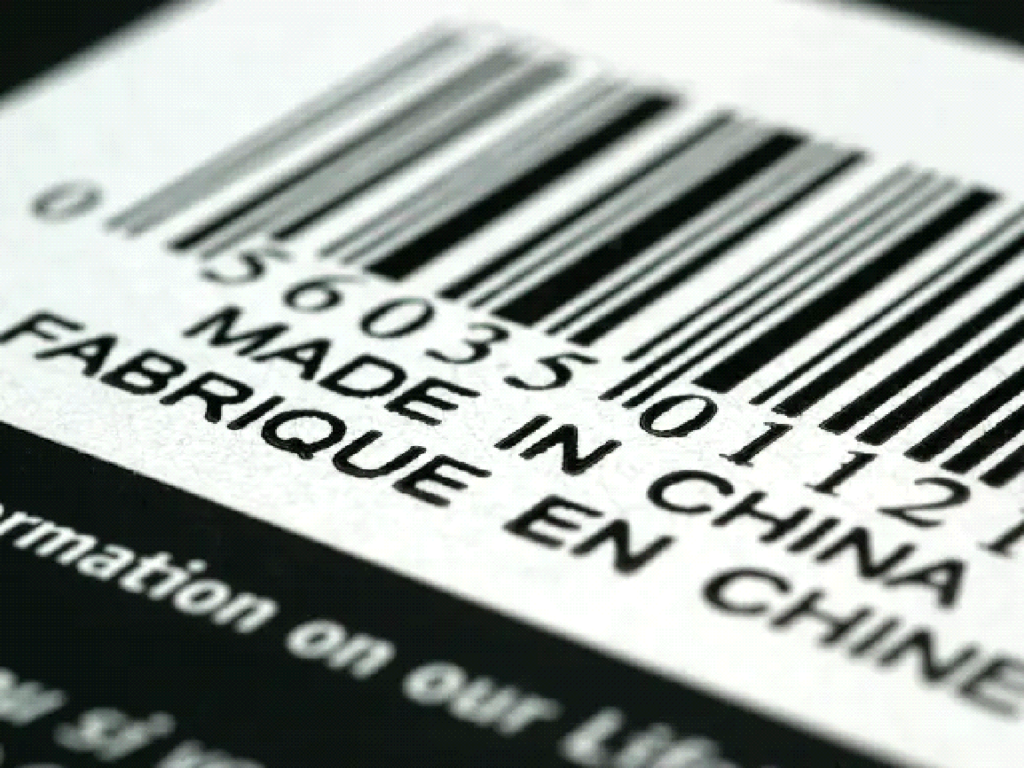
Find Manufacturers in China with Ease
Finding a long-term supplier is always an ideal boon for businesses.
On that note, one way to close the gap is to be proactive. Consider attending trade shows and factory visits as this will give you firsthand experience on the prospective materials and the production process.
At the very least, the cultural exchange and new ideas you’ll gain from the trip are worthy investments.
On the other hand, we also encourage you to exercise research and due diligence.
In particular, you can streamline this process by using Konnekti, a database of Chinese manufacturers who have real experience dealing with international clients. As a buyer, you can use this search tool for preliminary research, so that you can narrow down your options more efficiently or compare suppliers.
